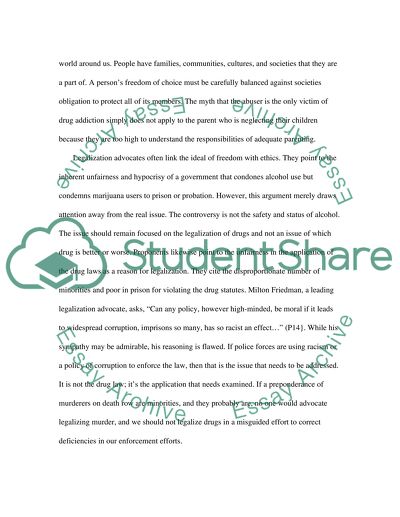Cite this document
(“The Paper Tiger Reasons for Legalizing Drugs Essay”, n.d.)
The Paper Tiger Reasons for Legalizing Drugs Essay. Retrieved from https://studentshare.org/miscellaneous/1511437-the-paper-tiger-reasons-for-legalizing-drugs
The Paper Tiger Reasons for Legalizing Drugs Essay. Retrieved from https://studentshare.org/miscellaneous/1511437-the-paper-tiger-reasons-for-legalizing-drugs
(The Paper Tiger Reasons for Legalizing Drugs Essay)
The Paper Tiger Reasons for Legalizing Drugs Essay. https://studentshare.org/miscellaneous/1511437-the-paper-tiger-reasons-for-legalizing-drugs.
The Paper Tiger Reasons for Legalizing Drugs Essay. https://studentshare.org/miscellaneous/1511437-the-paper-tiger-reasons-for-legalizing-drugs.
“The Paper Tiger Reasons for Legalizing Drugs Essay”, n.d. https://studentshare.org/miscellaneous/1511437-the-paper-tiger-reasons-for-legalizing-drugs.


